Kim (26 years old) graduated with a degree in Physics and wanted to work in the semiconductor industry. However, despite applying for jobs outside the industry, the male student kept failing the application round. "If I had known this would happen, I would have postponed my graduation like my friends," the male student said with a sigh.
Faced with a frozen labor market, many Korean students are choosing not to graduate on time. They accept becoming fifth-year students, postponing graduation to seek opportunities and avoid facing the risk of unemployment.
According to the Korea Educational Development Institute, the number of students who postponed graduation in 2024 will reach 17,597, an increase of about 2,500 compared to 2023. Statistics Korea also said that the average time to complete a university program is 4 years and 4 months, the highest level since 2007.

Job seekers fill out applications at the Seobu Employment and Welfare Support Center in Mapo District, Seoul. (Photo: Korea Times)
To maintain their student status, many young people are finding creative ways. Some have completed enough credits but are paying fees of about 100,000 won per semester to postpone graduation. Others are delaying submitting the necessary certificates until they have jobs.
Kang Dae-yun, 25, an economics major at Sungkyunkwan University, deferred some credits and extended his studies by taking a leave of absence. He used his school account to access professional materials and reports from paid sources to better prepare for his job search.
According to the Korea Times, the main reason students are delaying graduation is the increasing demands of employers. A survey by the Korean Labor Confederation found that 81.6% of companies consider work experience as the most important criteria when hiring new employees.
“Even entry-level jobs require experience or professional certification. The only way is to postpone graduation, apply for an internship or continue studying,” said Choi, 26, a public administration graduate. But opportunities to gain experience are scarce. The number of available jobs per job seeker in South Korea reached just 0.4 last month, the lowest since 2020.
According to the Korea Labor Institute, youth employment has declined for 28 consecutive months since November 2022. "It feels like job postings at medium and large companies have completely disappeared in the past year," said Park, 27, a mechanical engineering major.
The solution, experts say, lies in addressing South Korea’s dual labor market. Improving wages and working conditions at small and medium-sized enterprises would create more opportunities for young people.
"The first job in Korea largely determines a person's career and life trajectory. Current policies that focus on income support alone are not enough. Breaking the dual labor structure is the only way to solve this employment crisis," Kim Yu-bin, head of the Employment Policy Research Department at the Korea Labor Institute, emphasized.
Source: https://vtcnews.vn/nhieu-sinh-vien-han-quoc-khong-dam-tot-nghiep-dai-hoc-vi-so-that-nghiep-ar962502.html




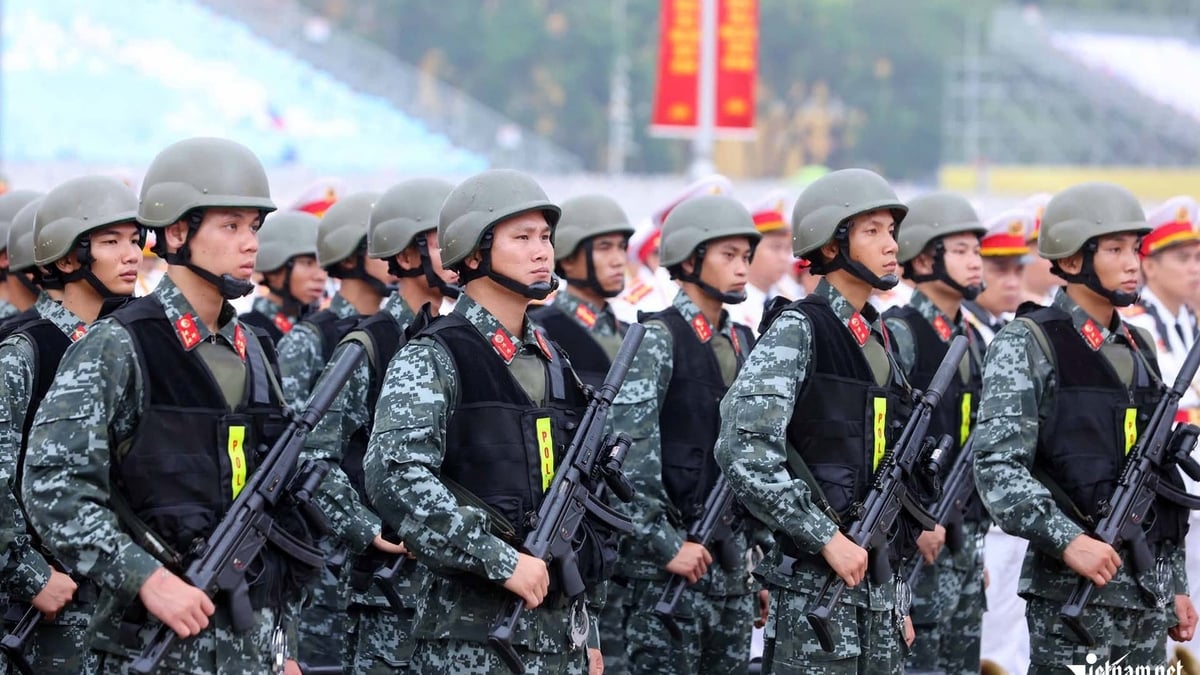
![[Photo] Hanoi is ready to serve the occasion of the 80th National Day Celebration on September 2nd](https://vphoto.vietnam.vn/thumb/1200x675/vietnam/resource/IMAGE/2025/8/29/c838ac82931a4ab9ba58119b5e2c5ffe)

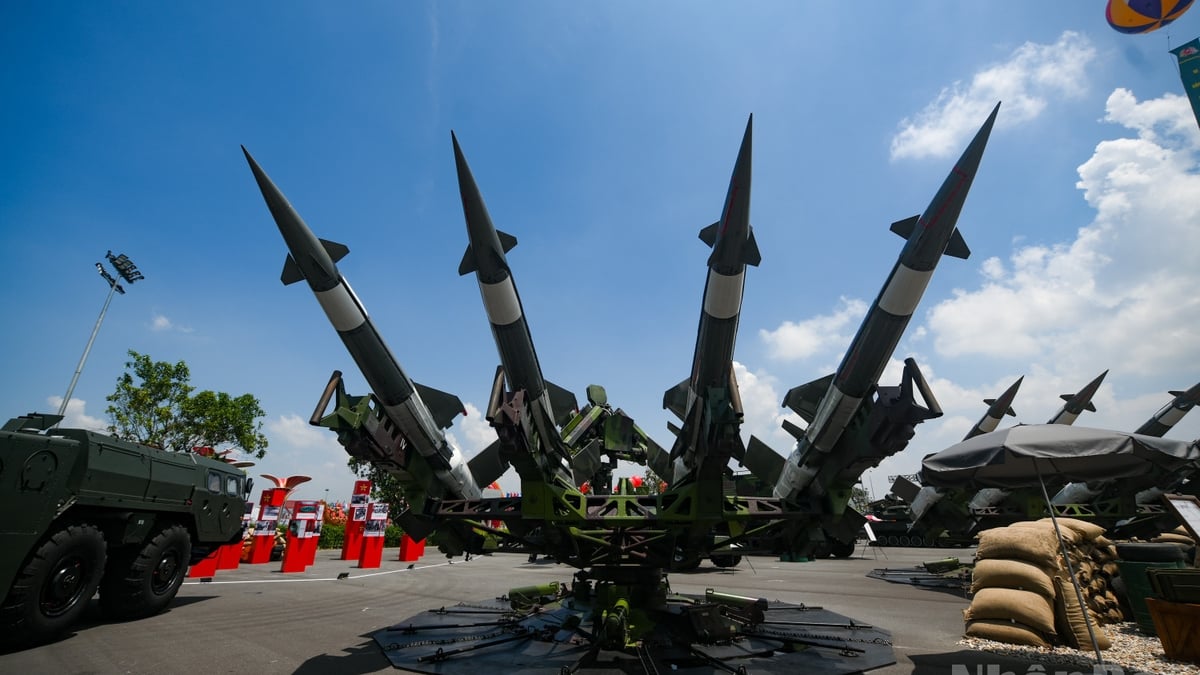





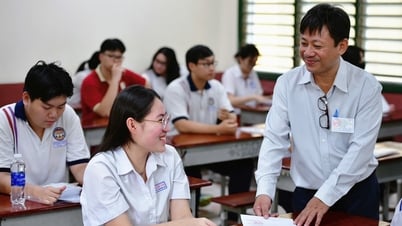

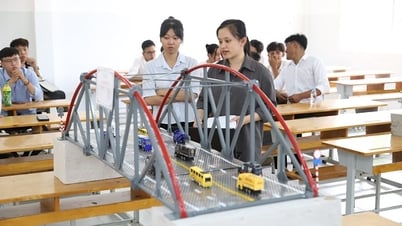

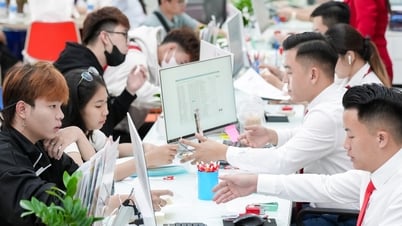
























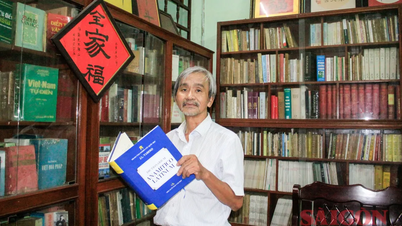












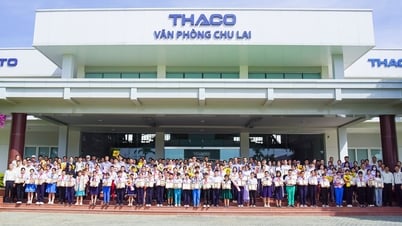






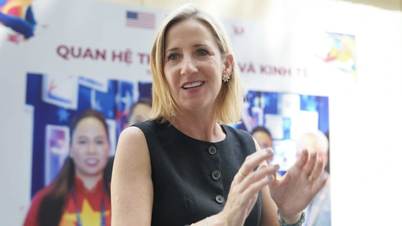





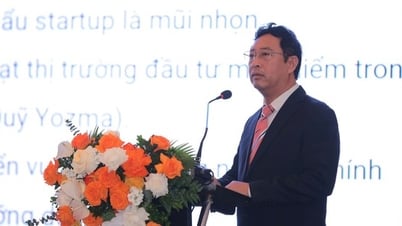
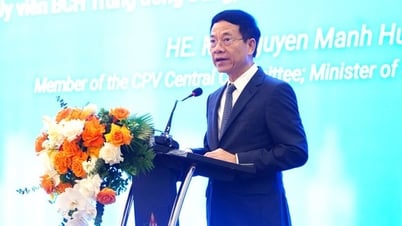

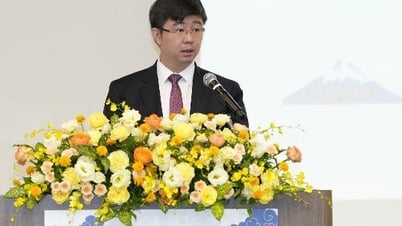















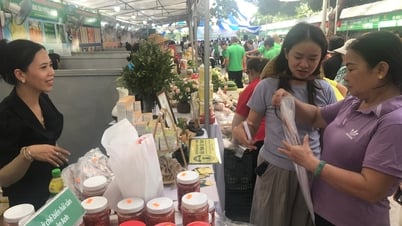




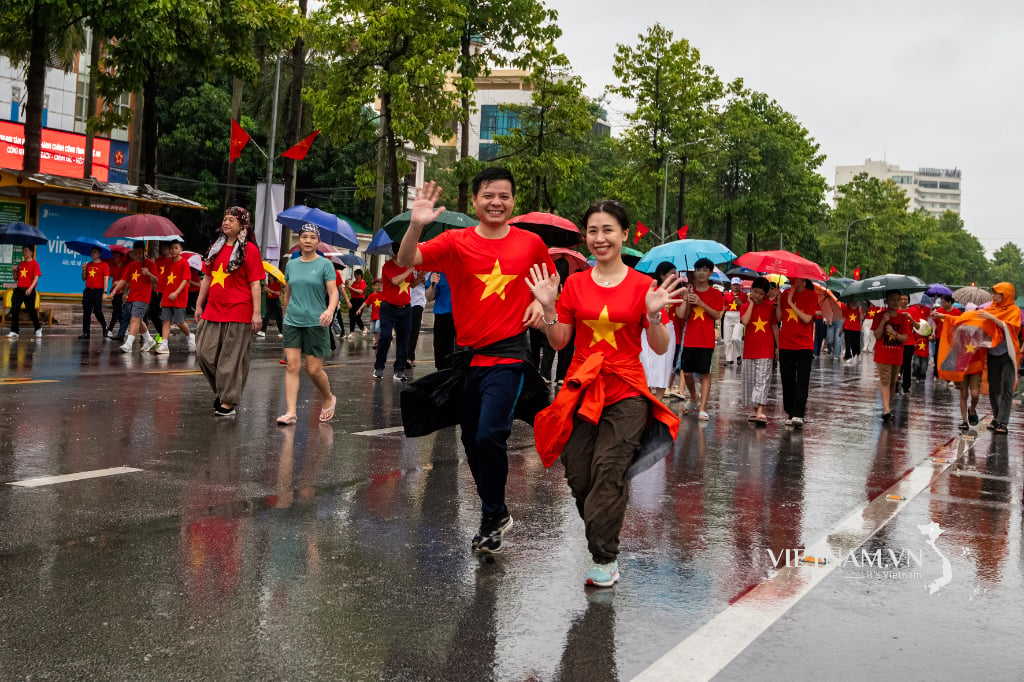
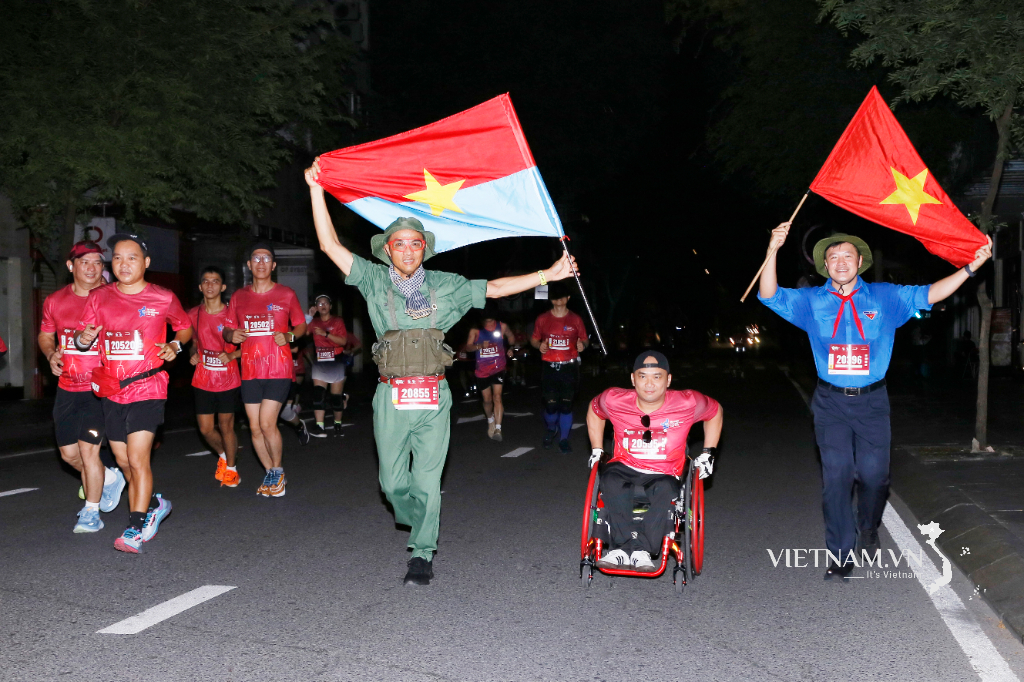

Comment (0)